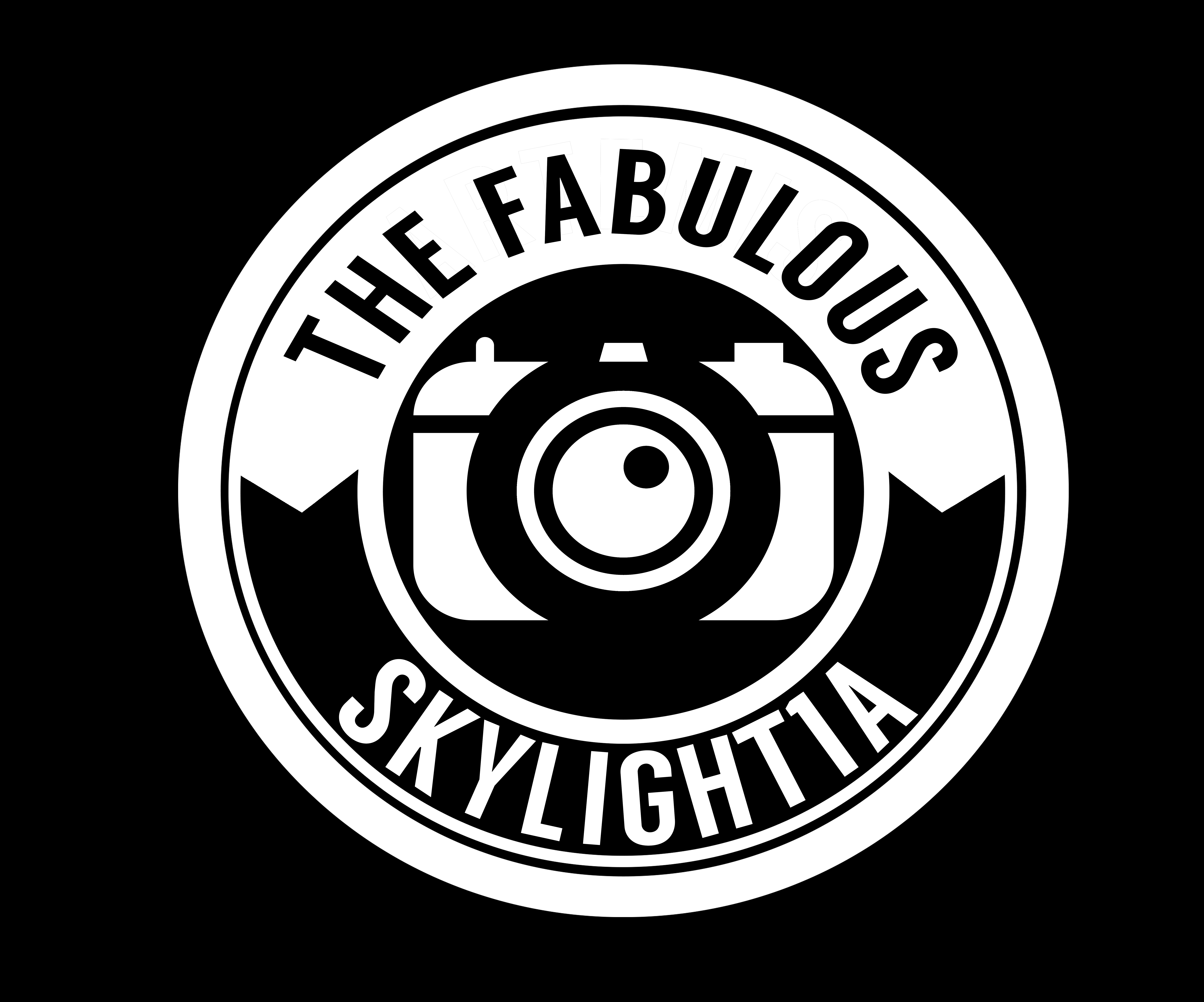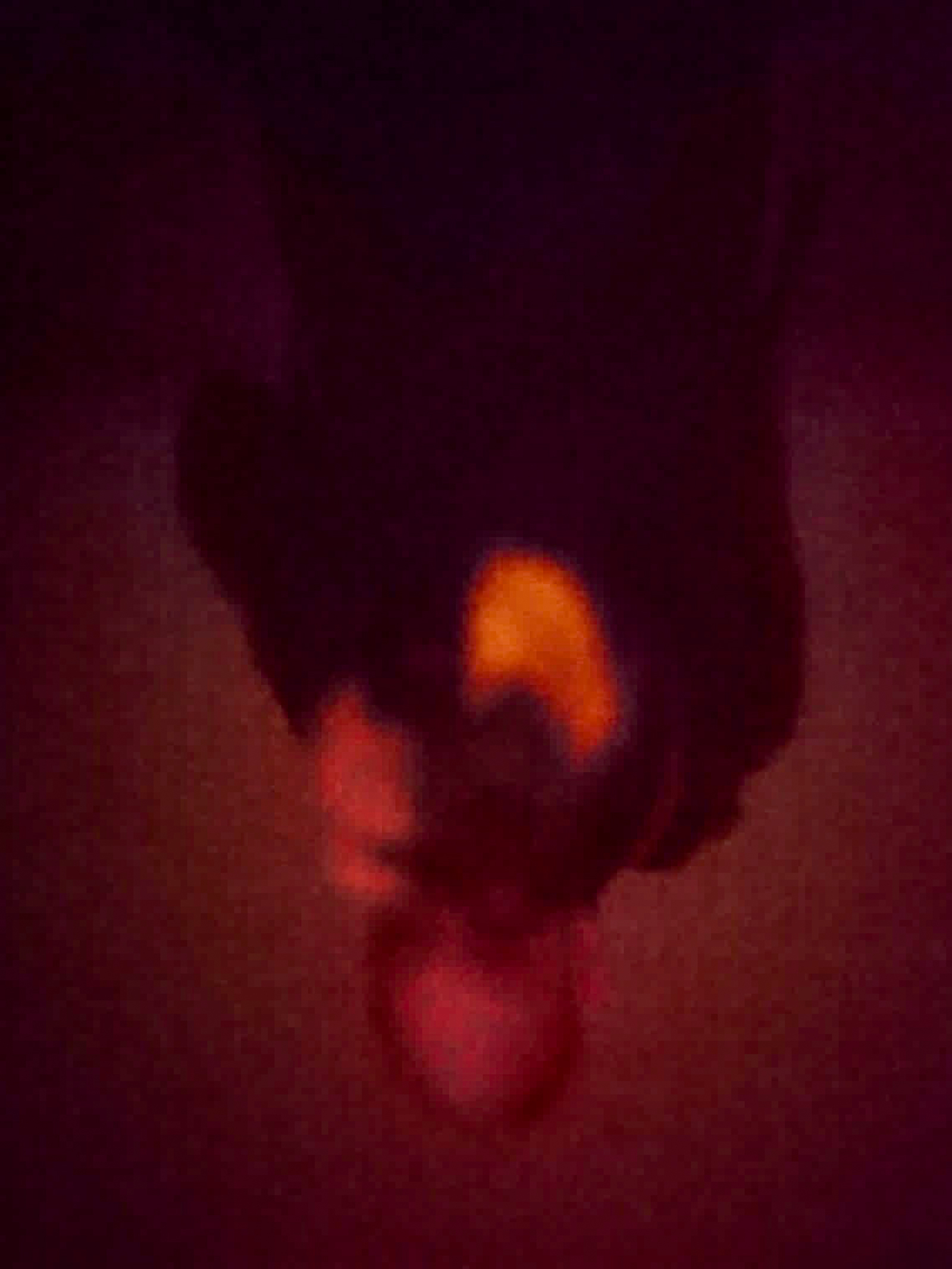- Details
- Lesezeit: 4 Minuten
- Zugriffe: 893
As a photographer, you work a lot with people of all genders and often in very intimate and trusting situations. A special bond is often formed during such a shoot, in which you learn a lot about yourself, but also about your models. And sometimes you are simply speechless when they tell you that so-called photographers send them "dickpics" in preparation for shoots. And sometimes you are simply silent when they talk about moments when they were harassed or even raped.
Two out of three women experience sexual harassment in their lives. Every 7th adult was affected by sexualised violence in their childhood or youth.
When my models confide in me, I often swallow and listen. I feel sad and ashamed. I am ashamed of what people do to others in order to elevate themselves and exert power. Because it's not about sexual gratification, it's about exercising power. Power over others.
- Details
- Lesezeit: 1 Minuten
- Zugriffe: 994
The film Green Border about the situation of refugees in the no man's land between Belarus and Poland made headlines for weeks. Many try to enter the EU illegally to seek their fortune here. But even those who make it across the border of the European Union must fear being forcibly returned despite the right to asylum.
This also applies to the border between Bosnia-Herzegovina and Croatia. In August 2021 alone, the NGO Danish Refugee Council registered 1,245 pushback cases here, and around 16,000 in 2020 as a whole.
The refugees have nothing more than what they are carrying on their journey - clothes, mobile phones, cash. But after a pushback, they often don't even have that. This is because the Croatian border guards often take their money, sometimes destroy their mobile phones or even take bags of clothes and throw them back across the border to Bosnia. There are many reminders on the way to the border crossing.
Der Film Green Border über die Lage der Flüchtlinge im Niemandsland zwischen Belarus und Polen sorgte wochenlang für Schlagzeilen. Viele versuchen es auf illegalen Wegen in die EU, um hier ihr Glück zu suchen. Aber auch wer es über die Grenze der Europäischen Union geschafft hat, muss fürchten, trotz Asylrecht gewaltsam zurückgebracht zu werden.
Auch an der Grenze zwischen Bosnien-Herzegowina und Kroatien. Allein im August 2021 registrierte die NGO Danish Refugee Council hier 1.245 Pushback-Fälle, in ganz 2020 rund 16.000.
Die Flüchtlinge haben auf ihrem Weg nicht mehr, als was sie am Leib tragen – Kleidung, Handy, Bargeld. Doch nach einem Pushback haben sie oft nicht einmal mehr das. Denn oft wird ihnen von den kroatischen Grenzern das Geld abgenommen, manchmal das Handy zerstört oder gar Taschen mit Kleidung abgenommen und über die Grenze zurück nach Bosnien geworfen. Vieles liegt mahnend auf dem Weg zum Grenzübergang.
- Details
- Lesezeit: 5 Minuten
- Zugriffe: 946

"You must remember this - a kiss is still a kiss," it says in Casablanca and Sam plays it again. Although there is also the kiss of death or Judas, a kiss is one of the tenderest but also most passionate proofs of love that one person can give to another and is often an expression of passion and desire. What does this have to do with artificial intelligence? Maybe nothing at first glance.
At second glance, however, a lot. When Robert Doisneau published his famous picture "The Kiss in front of the Hôtel de Ville" in Life Magazine in June 1950, its main purpose was to portray France as a den of sin. The text of the photo report said "In Paris, young lovers kiss wherever they want, and no one seems to mind." At the same time, the photographer assured that the picture was not staged, but a snapshot: simply taken on the street, spontaneously by a couple who were kissing. In America, which is faithful to the Bible, this would be a scandal; in ultra-conservative, Catholic Paris, it is the order of the day, it is suggested.
- Details
- Lesezeit: 1 Minuten
- Zugriffe: 1468
Fashion photography is my passion. Modern fashion but also sometimes vintage fashion. The german chapter of the Royal Photography Society has now published a photo series with my Fifties and swinging Sixties fashion photographs. Enjoy!
- Details
- Lesezeit: 1 Minuten
- Zugriffe: 1120
The celebration of our MA in photography is two weeks ago. Now it is time to reflect and to look forward. It was a long way until this moment, but I have learned a lot and my images got a new style. The course in Falmouth finished and I'm starting in a new part of my photographic life. I dedicate my photography to business and fashion photography with an artistic touch. Probably you will see my work online, feel free to contact me or book me.

